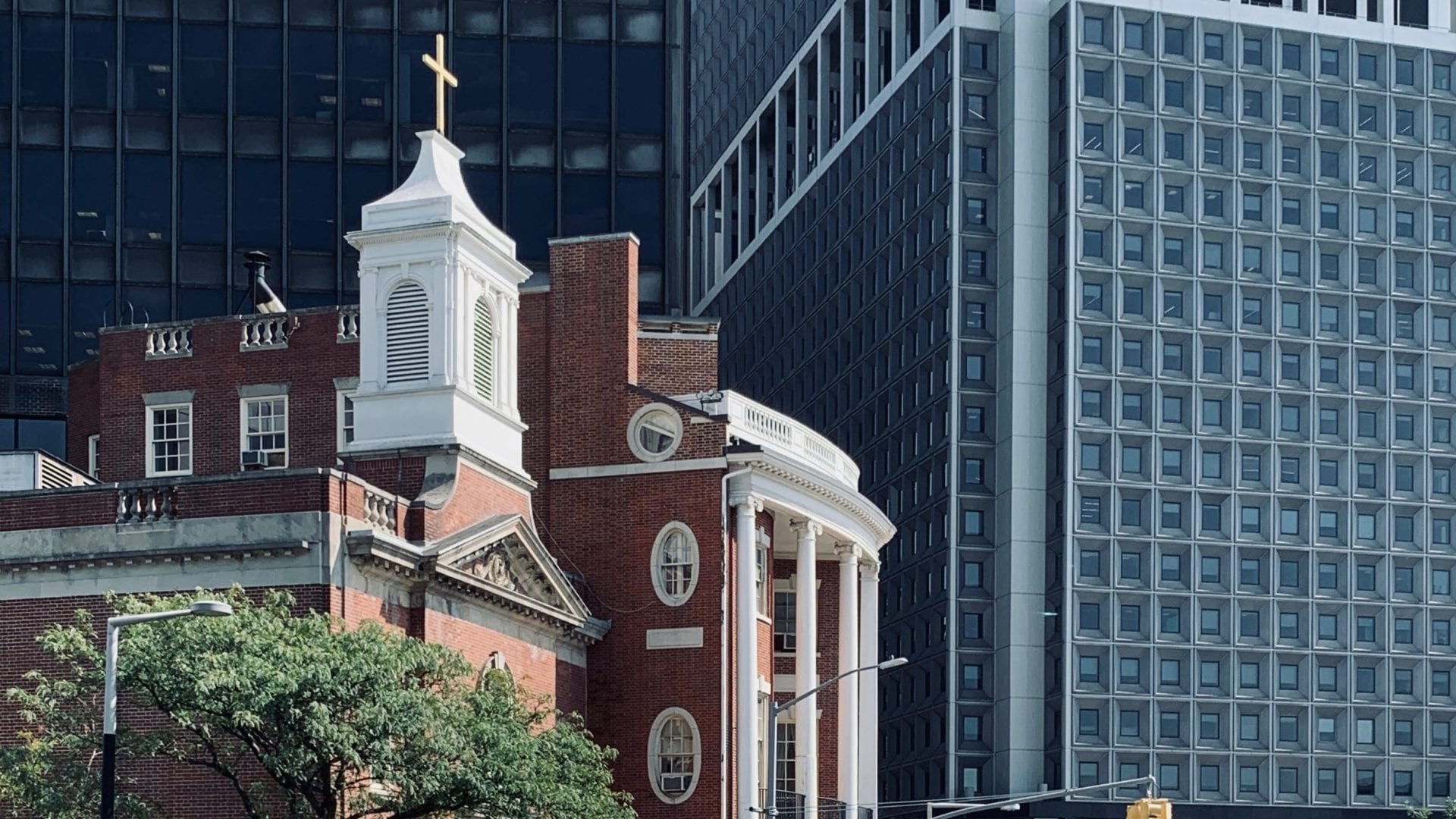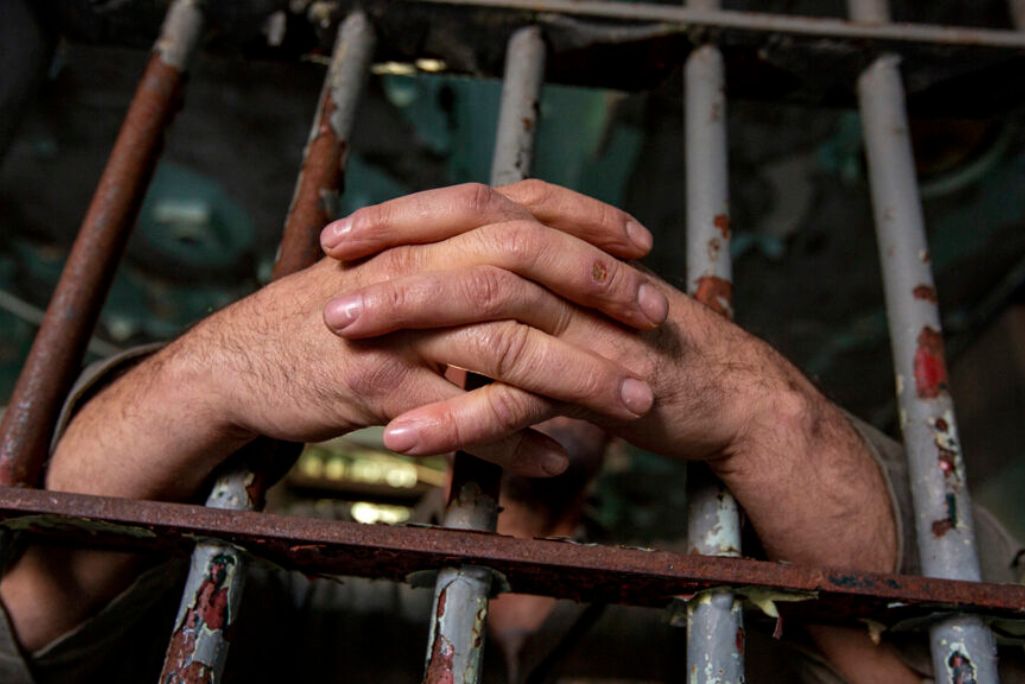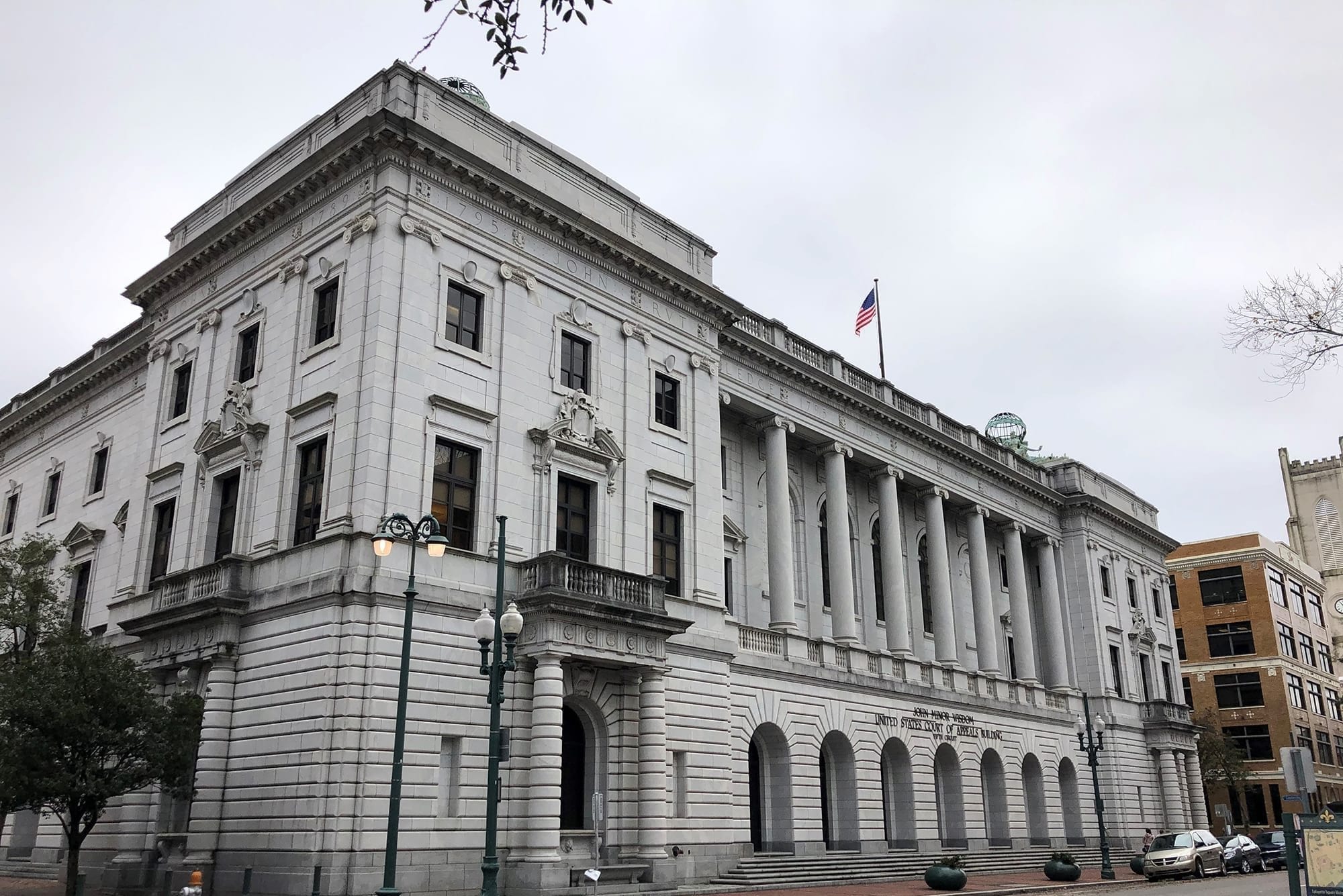
In a TIME magazine article June 28, Mark Oppeheimer, religion columnist for The New York Times, wrote the words that many churches in America have feared for some time now: “It is time to abolish, or greatly diminish, their tax-exempt status.” Churches and other non-profits gained exemptions from the Internal Revenue Service early in the 20th century because they were considered a public good. Oppenheimer now argues for an alleged greater good.
Many tax-exempt institutions, like churches and private universities, hold large amounts of wealth while they sit on prime real-estate in poor cities, contributing little financially to the good of their local municipalities, according to Oppenheimer.
If they paid taxes, he argued, “government revenue would go up, and that money could be used to, say, house the homeless and feed the hungry. … countries that truly care about poverty don’t rely on churches to run soup kitchens.”
Furthermore, that many conservative churches oppose same-sex marriage only exacerbates the problem for Oppenheimer. He compares the current situation, given the June 26 Supreme Court decision to legalize same-sex marriage nationwide, to the 1938 Bob Jones University case, where the school’s tax-exemptions were revoked for opposing racial equality – a “fundamental national public policy.”
Denny Burk, professor of biblical studies at The Southern Baptist Theological Seminary, said in a blog post “moral approval” is the center of the issue. “The real intent of removing tax-exempt status,” said Burk, “is to cripple the institutions that continue their dissent from the sexual revolution.” He added, “A call for ending tax exemptions for religious institutions is a call to close them down – or at least to plunder them of their property.”
Churches provide ‘intangible benefits’
The Biblical Recorder (BR) published an article in 2012 written by Erik Stanley, senior legal counsel for Alliance Defending Freedom (ADF; previously, Alliance Defense Fund), where he explained why churches have remained and should continue to remain tax-exempt.
“Churches minister to the poor and needy in the community, provide numerous social services for the downtrodden among us and reach out to the ‘least of these’ in thousands of different ways,” Stanley said. “The social benefit theory justifies tax exemption for churches as a kind of bargain – churches provide needed services, so they are entitled to tax exemption.”
Stanley added, “Things like reduced crime rates resulting from transformed lives, suicides prevented when people surrender to Christ and people with destructive behavioral patterns that harm the community changing into hard-working and virtuous citizens who contribute to the well-being of the community.”
One study conducted by a University of Pennsylvania professor valued the intangible benefits of several Philadelphia church ministries in the millions of dollars per church.
Those economic effects directly benefit local, state and federal governments, since churches provide services for free that public institutions would normally pay a range of social workers, counselors and others to provide.
Church tax-exemption is ‘constitutional’
Stanley also offered a principled reason for church tax-exemption: “Our history is one of an unbroken practice of exempting churches from taxation. Churches were exempt from the very first time the tax code was passed at the federal level, and have remained exempt in every iteration of the tax code ever since. Every state in America also exempts churches from property taxes. When the U.S. Supreme Court decided a case regarding the property tax exemption of churches, called Walz v. Tax Commission, it stated that providing a tax exemption for churches was a less intrusive option under the Constitution than requiring churches to pay taxes.”
If the reasons listed above were to become unconvincing to American courts, and if tax exemption were taken away from churches, Art Rainer, vice president for institutional advancement at Southeastern Baptist Theological Seminary, offers six suggestions.
- Give – “Tax deductibility has been a side benefit for those who give to their local church, but it has never been the reason why we give. At least, it shouldn’t be. We give because God has told us that this is how we properly steward what He has given to us.”
- Celebrate budget cuts – “ … should the loss of tax exemption become a reality, budget cuts will help maintain the existence of a church. It is a sacrificial, missional move.”
- Volunteer – “The most important resource for churches has never been money. It’s their people. A potential reduction in resources should motivate you to give your time and your energy to your local church.”
- Help unleash bi-vocational pastors into the workforce – “ … the new financial reality will force [churches] to hire fewer full-time pastors. It will usher in a whole new era for bi-vocational pastors. Assist these bi-vocational pastors with finding jobs.”
- Stay involved politically – “Do not use this as an excuse to shy away from the opportunity to speak into the political system. … it is a mistake to completely abandon the opportunity this governmental structure gives us.”
- Pray – “ … when you pray, ask that God will use this moment in history to bring Him glory. Because God’s agenda was never going to be determined by whether or not U.S. churches were or were not tax-exempt anyway.”
N.C. tax exemption bill before Senate
A bill, HB 229, is currently before the North Carolina Senate Committee on Finance that would modify tax-exempt status for religious property, BR previously reported. Beulah Baptist Church in Bennett received a $7,000 bill in 2014 from the Randolph County Tax Department for property taxes on a building that was under construction.
The tax department decided, based on their reading of the current religious property exemption law in North Carolina, the church owed taxes on the building because they did not yet have an occupancy permit; therefore, the property was not used “wholly and exclusively for religious purposes.”
HB 229 would modify the current law to provide tax exemption for religious property “if it is under construction and intended to be wholly and exclusively used by its owner for religious purposes upon completion.”
The bill passed in the House by a 114-0 vote.


